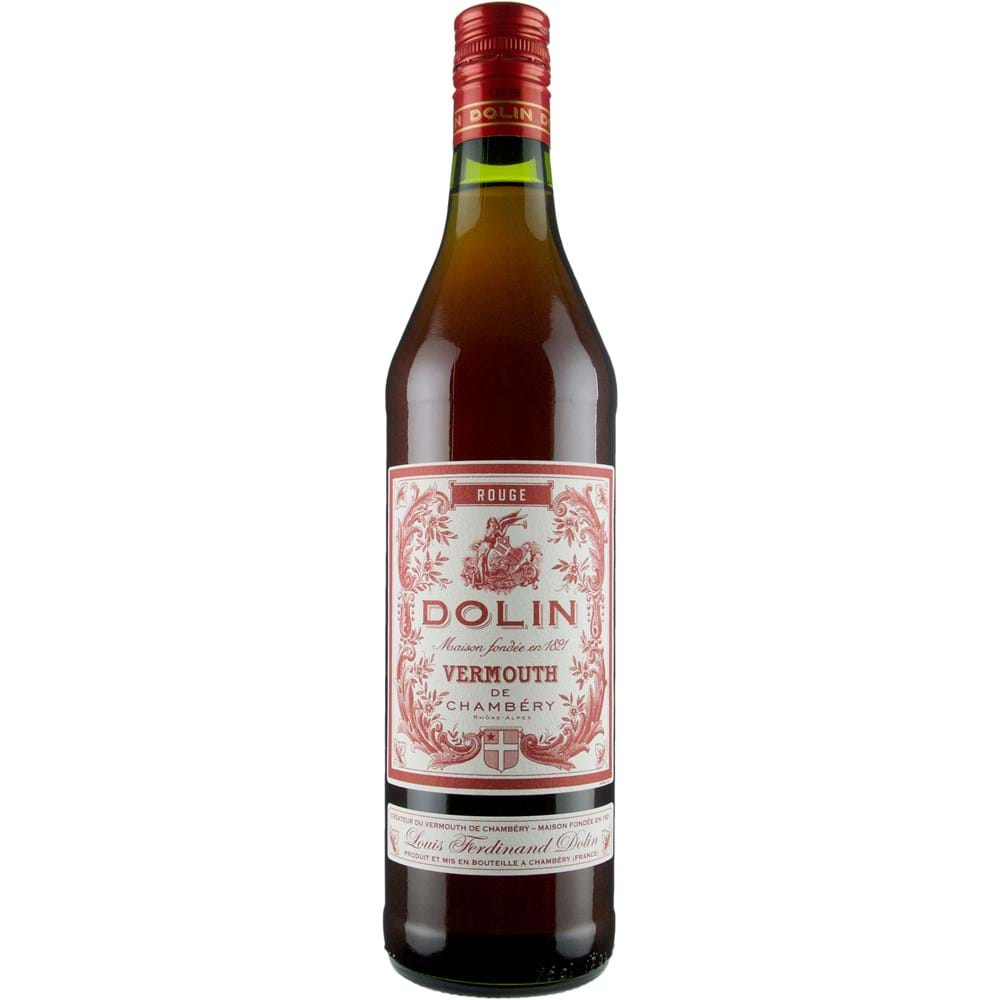Vermouth is a fortified wine that is flavored with herbs, spices, and other botanicals. It is a key ingredient in many classic cocktails, including the Manhattan and the Martini. However, unike other spirits, vermouth has a relatively short shelf life, which means that it needs to be stored properly to ensure that it stays fresh.
When it comes to storing vermouth, the key is to keep it cool. Because vermouth is higher in alcohol than wine, it won’t oxidize as quickly as wine, but it still will oxidize over time, resulting in off flavors. To slow oxidation, it is recommended that you store your open bottle of vermouth in the refrigerator.
When kept at room temperature, a sealed bottle of vermouth will keep for a year. However, once opened, bottles of vermouth will only keep for about six months in the fridge. After that, the quality of the vermouth will begin to deteriorate, and it may develop unpleasant flavors.
To get the most out of your vermouth, it is important to use it up within three months of opening the bottle. If you can’t use it up within that timeframe, it’s best to invite some friends over for a cocktail party or give it away to someone who will appreciate it.
Vermouth is a delicious and versatile ingredient that adds depth and complexity to many classic cocktails. However, to ensure that it stays fresh and flavorful, it needs to be stored properly. By keeping your open bottle of vermouth in the refrigerator, you can extend its shelf life and enjoy it for months to come.
What Happens If You Don’t Refrigerate Vermouth?
If you don’t refrigerate vermouth after opening, it will start to oxidize at a faster rate than when it is stored in a cool place. This oxidation process will lead to the development of off flavors in the vermouth, making it taste stale and unpleasant. Vermouth is a higher alcohol content wine-based beverage, which means it won’t oxidize as quickly as regular wine, but it will still deteriorate over time. Refrigerating the open bottle of vermouth can slow down the oxidation process and help preserve the quality of the vermouth for a longer period. However, if you leave the vermouth at room temperature for an extended period, it may eventually bcome undrinkable. Therefore, it is advisable to store the vermouth in the refrigerator after opening to ensure its longevity and taste.

How Long Is Vermouth Good For Unrefrigerated?
Vermouth is a fortified wine that can be consumed on its own or used as an ingredient in cocktails. When kept at room temperature, an unopened bottle of vermouth can last for up to a year. However, once the bottle has been opened, the vermouth’s shelf life will decrease considerably. An opened bottle of vermouth should be stored in the fridge and can last for up to six months. It’s important to note that vermouth does not age like traditional wines, which is why its shelf life is shorter. To ensure the longevity of your vermouth, always store it properly and check the expiration date beore consuming it.
How Do You Store Vermouth After Opening?
Vermouth should be stored in the refrigerator after opening. This will help to maintain its quality and flavor for up to a month. After that, it may still be usable for up to two months, but its quality may begin to deteriorate. If you find that you cannot use up your vermouth within three months, consider sharing it with friends or family or giving it away. It’s important to note that storing vermouth at room temperature after opening can cause it to spoil more quickly. Therefore, refrigeration is a crucial step in ensuring the longevity of your vermouth.
Conclusion
Vermouth is a flavorful and versatile fortified wine that adds depth and complexity to cocktails and other drinks. However, it is important to store it properly to ensure its quality and longevity. When kept at room temperature, a sealed bottle of vermouth can last up to a year, but once opened, it sould be stored in the refrigerator and used within three months. By following these simple guidelines, you can enjoy the full potential of vermouth in your favorite drinks and avoid any unpleasant flavors that may result from oxidation. So go ahead and stock up on your favorite vermouth, but remember to handle it with care to savor its rich and nuanced flavors.
